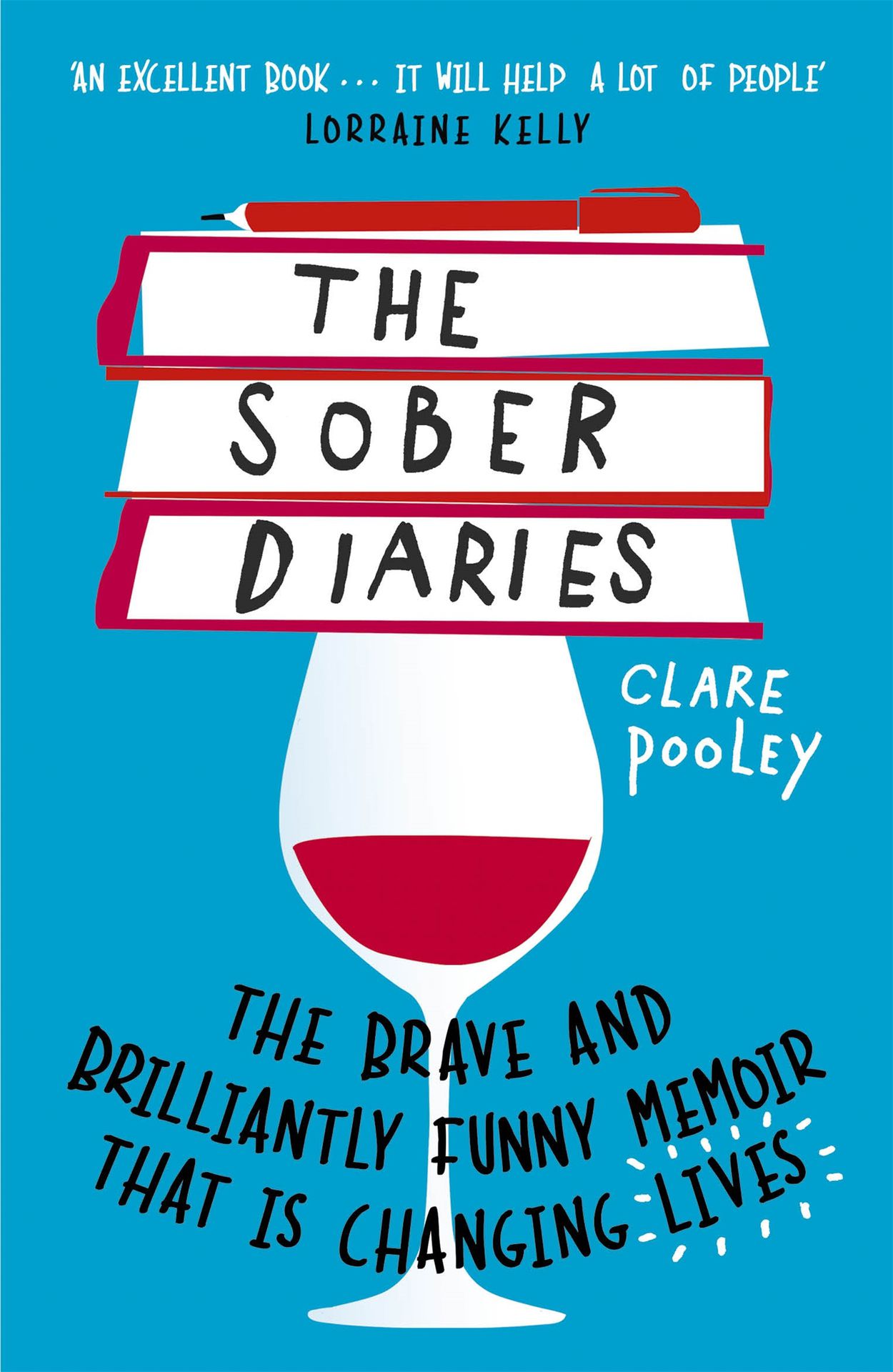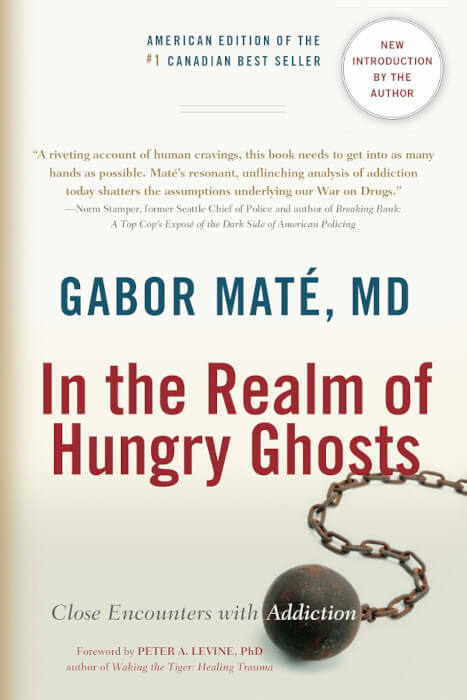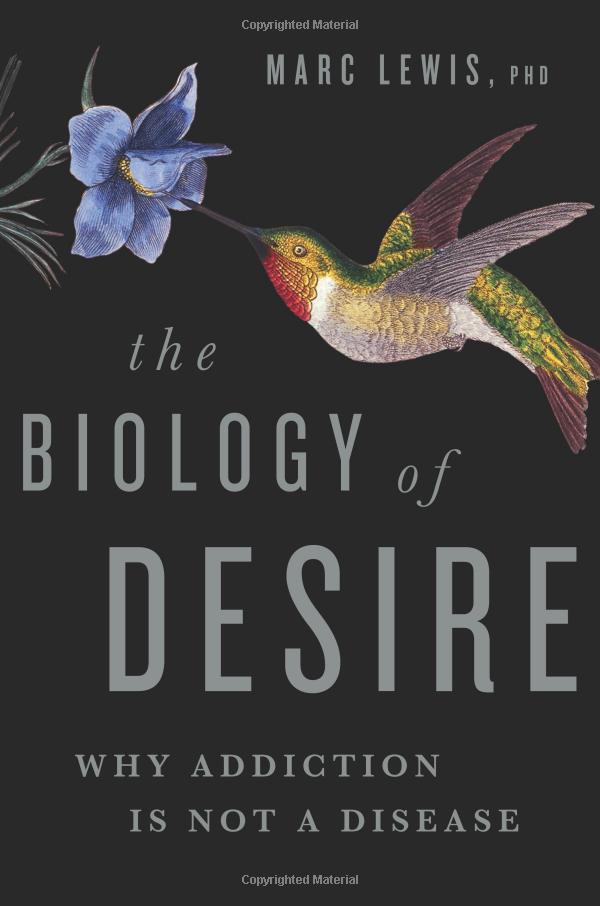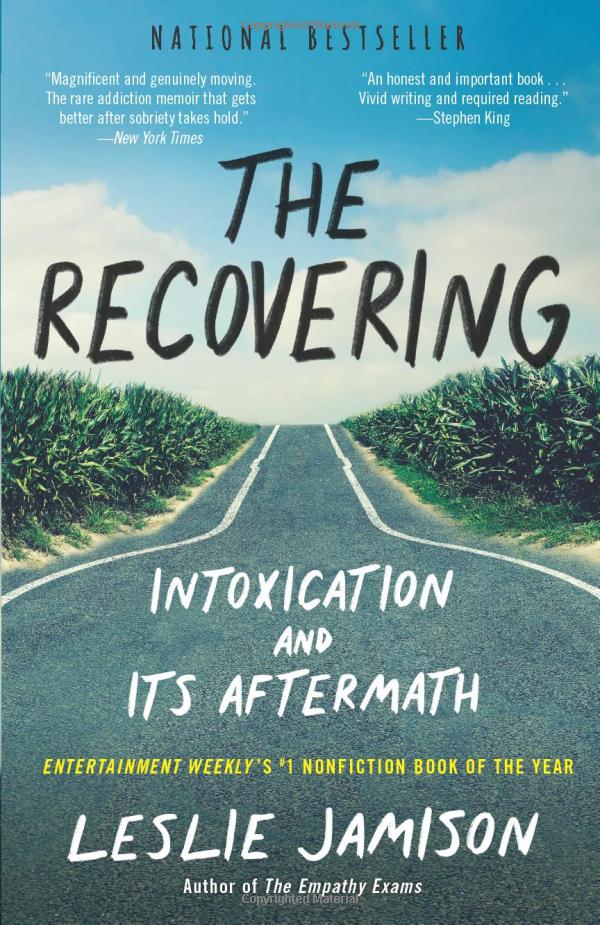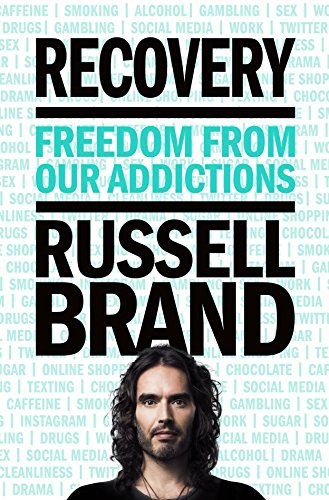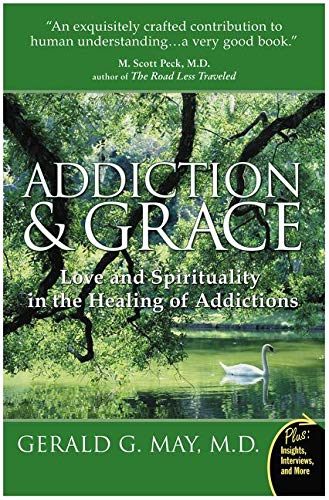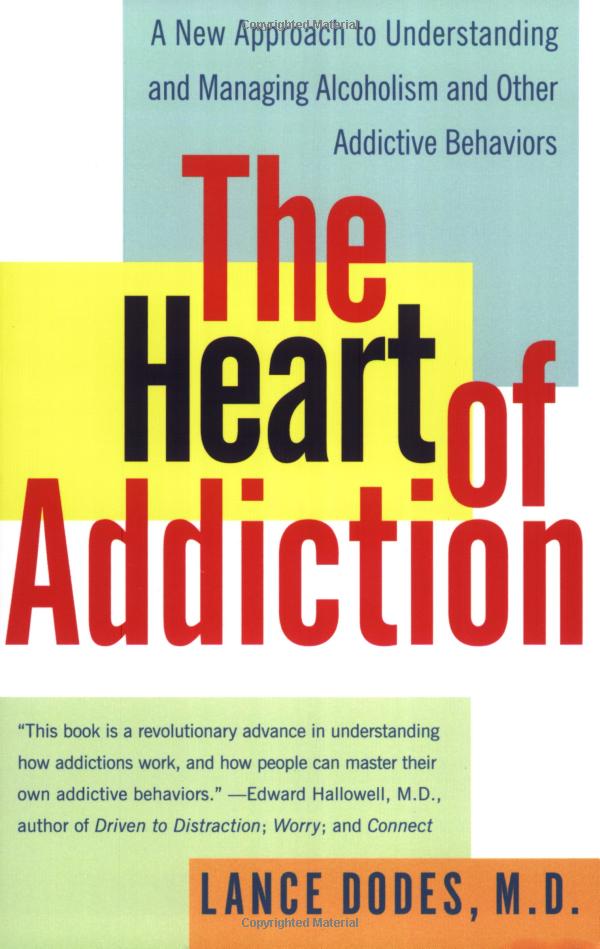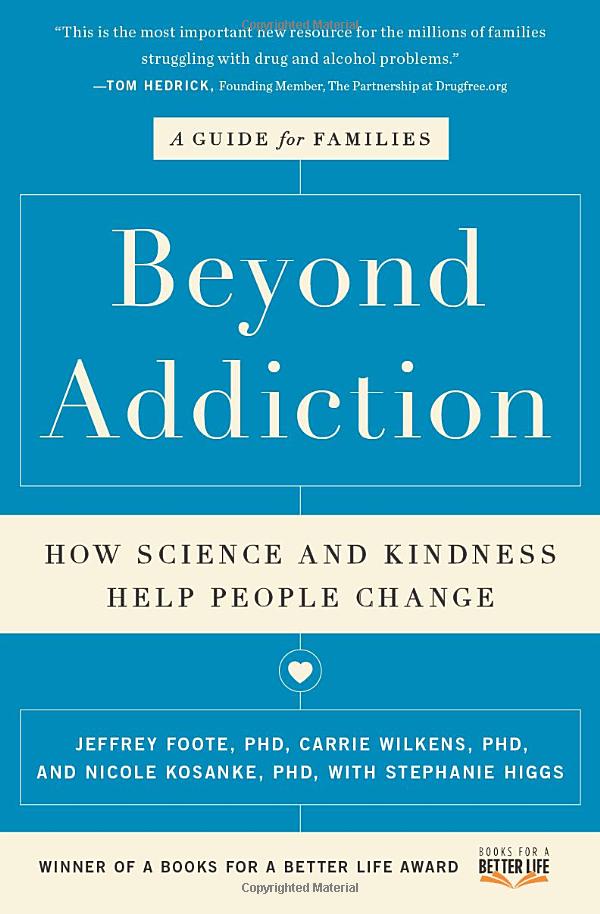While it’s true that only a fraction of people who engage in online gambling become addicted, it’s crucial to acknowledge the potential risks and consequences associated with the activity. According to the National Council on Problem Gambling, it is estimated that 2-3% of the U.S. population, around 6 million adults, may experience a gambling problem in a given year. Another study published in the Journal of Gambling Studies estimates that the prevalence of problem gambling among online gamblers is between 5.5% and 18.2%, depending on the specific population studied and the assessment method used.
Although these numbers indicate that the majority of individuals who gamble online do not develop an addiction, it is essential to raise awareness about the potential dangers of online gambling and promote responsible gambling practices. By understanding the risk factors and being aware of the warning signs, individuals can make more informed decisions about their gambling habits and seek help if they suspect a problem.
In South Africa, the landscape of online gambling is complex due to varying regulations and the growing popularity of the activity. According to a study conducted by the South African Responsible Gambling Foundation (SARGF), it was estimated that approximately 4.7% of South Africans were considered at risk of developing a gambling problem, while 0.4% were identified as problem gamblers.
A 2019 report published by PwC South Africa highlights the rapid growth of online gambling in the country, with an expected compound annual increase of 11.9% between 2018 and 2023. Additionally, the gross gambling revenues from online sports betting increased by 22.4% in 2018 alone.
While the majority of South Africans who engage in online gambling do not develop an addiction, these statistics underscore the importance of promoting responsible gambling practices and raising awareness about the potential risks associated with online gambling. With the increasing accessibility of online gambling platforms and the rapid growth of the industry in South Africa, it is crucial to continue monitoring the situation and ensuring that adequate support and resources are available for those who may be struggling with gambling-related issues.
Online Gambling and Addiction
The allure of betting on games of chance has captivated the human psyche for centuries, from the glitzy casino floors with their flashing slot machines to the clandestine dice games played on street corners. The advent of online casinos and smartphone technology has made gambling more accessible than ever, drawing in a new generation of players. However, this surge in popularity comes with a darker side, as addiction to online gambling becomes an increasing concern worldwide. In this insightful and thought-provoking article, we will delve into the consequences of online gambling addiction on mental health, personal relationships, and societal implications, as well as the inadequacy of existing regulations in the digital era.
Addiction to online gambling is an emotional issue that can exacerbate or trigger mental health disorders such as anxiety, depression, and personality disorders. The seemingly harmless pastime can spiral into a destructive cycle, with problems related to money management, mounting debt, and even insolvency being some of the many negative outcomes that can arise from compulsive online gambling. The impact on mental health is often overlooked, but it is a critical aspect that must be addressed to mitigate the harm caused by this growing addiction.
Online gambling addiction doesn’t just affect the individual; it also takes a toll on their personal relationships. As people become hooked on online gambling, they may withdraw socially, neglect their relationships, and resort to secrecy and dishonesty about their habits. This erosion of trust and connection can cause lasting damage to the addict’s support network, leaving them even more vulnerable to the destructive cycle of addiction.
The repercussions of online gambling addiction also extend to the workplace and educational settings. As individuals miss time to indulge in their habit, their performance at work or school may suffer. In extreme cases, this can lead to job loss or dropping out of school, further exacerbating the negative consequences of addiction.
The rapid expansion of the online gambling industry has outpaced existing regulations, which were developed before the digital era. Many jurisdictions lack explicit regulations for online gambling, and safeguards against the onslaught of advertising are often insufficient. The pervasive availability of sports gambling through smartphone apps has only intensified the issue. While there is growing concern about the industry’s expansion in the Global North, relatively little attention has been paid to its growth across Africa and other regions.
The effects of online gambling addiction extend far beyond the gamblers themselves. The community at large may also be profoundly affected. As an illustration, the strain on resources brought on by compulsive gambling has been linked to an increase in criminal activity and a greater demand on social support systems. Counseling, support groups, and residential treatment facilities are just some of the treatment options out there. Individuals can recover from addiction and lead productive, satisfying lives with the right kind of assistance and encouragement.
It’s safe to say that compulsive online gambling is a major issue in South Africa, affecting countless lives and communities. The effects of addiction can be avoided if people can recognise the warning signs and get help. One’s life can be reclaimed from the grip of addiction with the help of professional treatment and compassionate loved ones.
Online Gambling in South Africa After Lockdown
After the ban was lifted, online gambling in South Africa grew for a lot of different reasons.
- Many gamblers had to find other ways to play because land-based casinos and betting shops were closed because of the COVID-19 pandemic and the lockdown that followed. People who wanted to gamble but couldn’t go to casinos often turned to online gambling because there were so many options.
- The rise of online gambling in South Africa is linked to the fact that people are using technology and the internet more during lockdown. It’s no secret that the rise of telecommuting has made digital devices and web-based services more popular. This made it possible for people to gamble on websites from the comfort of their own homes.
- The people who ran online gambling sites in South Africa quickly adjusted to the new situation brought on by the pandemic. They spent money on new technologies to improve the user experience and make online gambling more appealing. Many operators also offered bonuses and other incentives to get people to sign up and gamble online.
- After the ban was lifted, online gambling became popular in South Africa because it is easy and doesn’t leave a paper trail. Online gambling lets people gamble from the comfort of their own homes at any time of the day or night. Players can stay relatively anonymous. Since there are no limits on time or place, it’s much easier to get hooked on gambling when you do it online.
Addiction to online gambling is on the rise in South Africa, and it is having devastating effects on the lives of many people. Although participating in online gambling can be a lot of fun for some people, for others it can quickly become an addiction with devastating consequences. Financial problems is a major consequence of compulsive online gambling among the people who develop a dependency on online gambling and risk losing large sums of money on their wagers and falling into financial distress. People who gamble online often incur debt or borrow money from loved ones to support their gambling, which can strain many relationships. Addiction to online gambling can have serious psychological consequences and has been linked to an increased risk of depression, anxiety, and other psychological distress in vulnerable people. The individual’s mental health may deteriorate even further if they isolate themselves and stop participating in social activities.
According to a 2017 review published in the journal Current Addiction Reports, there is insufficient evidence to suggest that regulatory interventions, such as deposit limits or self-exclusion programmes, are sufficient in preventing or reducing gambling-related harm. The review, however, emphasised the potential advantages of combining these regulatory interventions with educational strategies and treatment programmes.
In their 2020/2021 National Strategic Assessment, the UK Gambling Commission reported that a comprehensive approach to reducing gambling harms includes collaboration among the gambling industry, treatment providers, regulators, and consumers. They emphasised the importance of providing timely and effective interventions to help those who have been harmed by gambling.
Furthermore, according to a 2016 study published in the International Journal of Mental Health and Addiction, problem gamblers who participated in a brief online intervention that included self-help materials and personalised feedback improved significantly in their gambling behaviour and mental health.
While regulations may play a role in addressing online gambling addiction, these findings suggest that a more comprehensive approach that includes player education and help services is critical in supporting recovery and preventing further harm.



